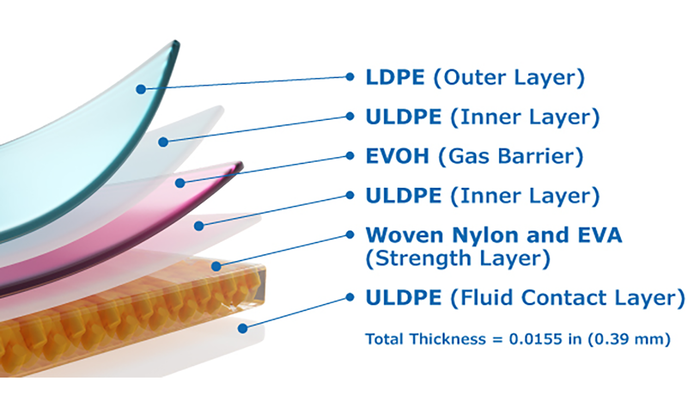This webcast features: Joe Payne, President & COO, Scorpius BioManufacturing.
The landscape for contract biologics manufacturing is rapidly evolving, with geopolitical tensions, drastic impacts from mergers and acquisitions (M&A), and an increase in research and development (R&D) programs. Contract development and manufacturing organizations (CDMO) have a unique vantage point to view the industry from. In this webcast, biopharma industry veteran Joe Payne, president & COO of Scorpius BioManufacturing, explains his take on the industry.
Key Takeaways:
How the consolidation of industry players and M&A activities in the CDMO space affects innovator companies
What considerations companies need to make when selecting U.S. vs overseas manufacturing partners
Why Scorpius went 100% single-use in their newest manufacturing facility
What the market for small-volume, early-stage large molecule programs looks like in the next five years.
Thank you for your interest in this webcast. You may submit your request to view the webcast, and you will receive a confirmation email with log-in details.








